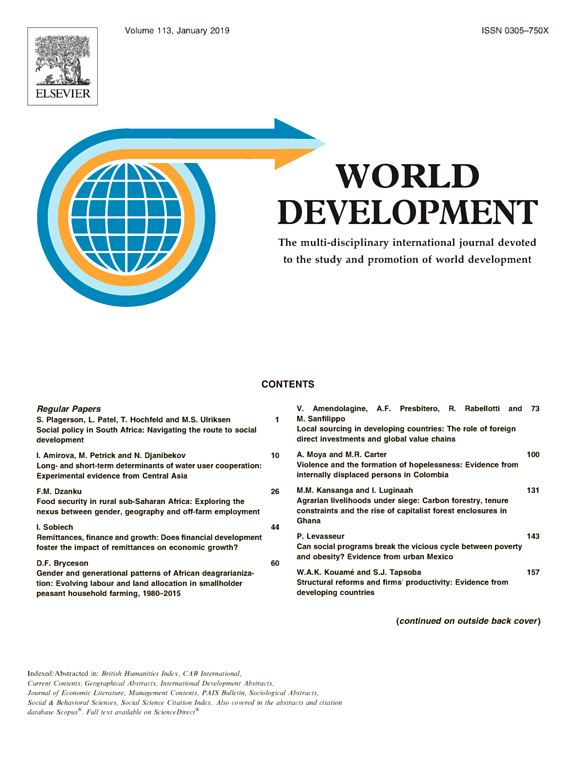This report is a farm/household level assessment focusing on farm and household budget analyses, part of the USAID funded ‘Agroforestry Innovation and Livelihood Enhancement Program’ implemented by World Agroforestry Centre – ICRAF Southeast Asia an d Winrock International, with assistance from RMI (the Indonesian Institute for Forest and Environment) It is a socio-economic st udy to generate base line data for determining social and eco nomic impacts of adopting trees, managing agroforestry systems and the improvement of its marketing system. The basic socio-economic data collected comprised of demographic data, agricultural undertakings and productions, households’ income and expenditure, and marketing practices. The data generated by this study will be used for farm-level economic analysis: (a) analysis of the progress of agroforestry system in so cial and economic term, (b) analysis of the financial return to the farm under different scenario, and (c) orie ntation to farm budget and financial analysis by a selected group of interested farmers for examining thei r management options includ ing market linkages. The program is carried out in Kecamatan Nanggung, a sub-district administration unit situated in the western part of West Java Province, about 100 km away from Jakarta to the South. Farmers in this sub district are primarily smallholders on or below the pove rty line with access to less than one hectare of land. Many of these land holding are found on steep slope. They have limited access to professional technical assistance and poor market linkage, particularly to mo re lucrative urban and regional market nearby Bogor and Jakarta. Because their lands are under producti ve, many local communities are forced to openly or surreptitiously encroach on neighboring protected area s – Gunung Halimun National Park – to meet their livelihoods needs. This is a cause for concern as Gunung Halimun is the major watershed for Jakarta and vicinity and an important reservoir for biodiversity
DOI:
https://doi.org/10.5716/WP14251.PDF
Altmetric score:
Dimensions Citation Count:























